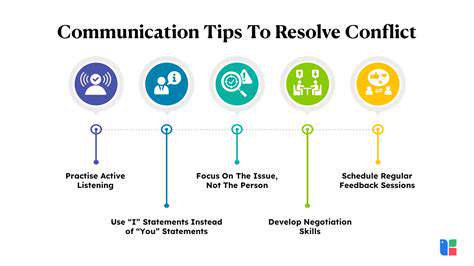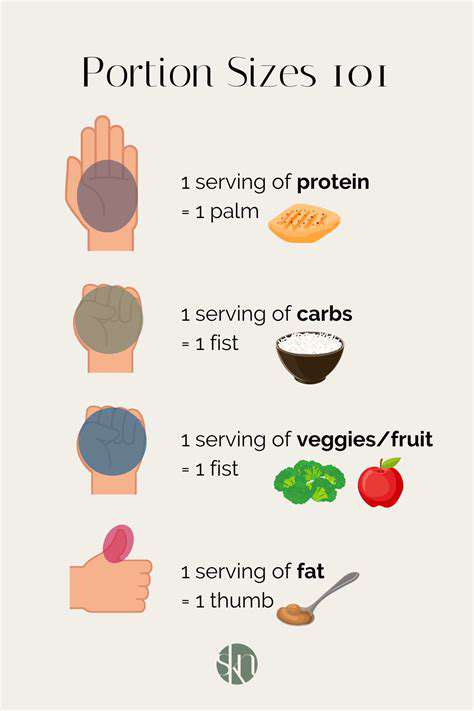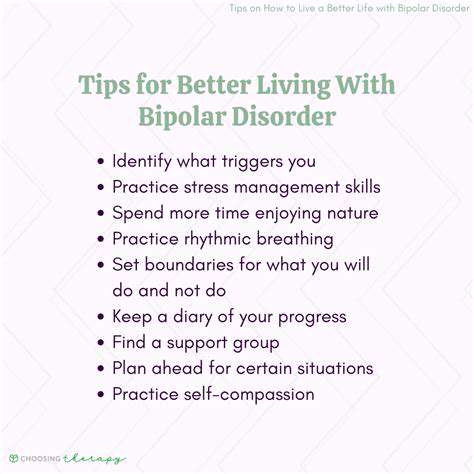How to Deal with Jealousy and Envy
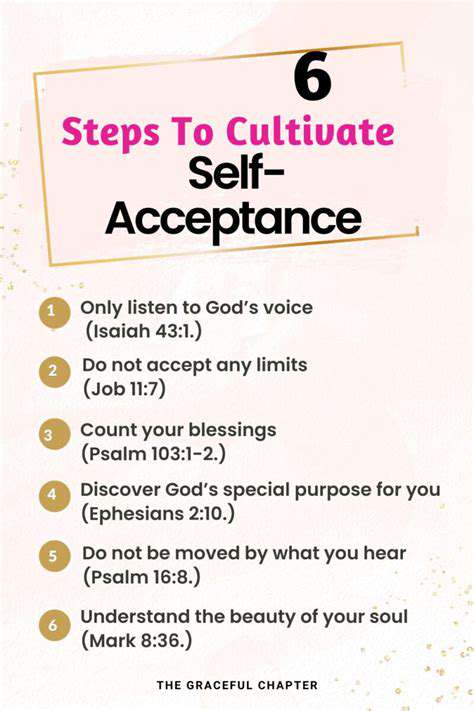
Understanding the Root of Envy
Envy, a deeply rooted human emotion, often stems from a perceived inadequacy or a feeling of lacking something that another possesses. This perceived disadvantage can manifest in various ways, from material possessions to social status or even perceived personal attributes. Understanding the underlying causes of envy is the first crucial step in overcoming it. This self-reflection can help pinpoint the specific triggers and develop strategies to address them.
It's important to recognize that envy is not inherently bad. A certain degree of healthy competition can motivate personal growth. However, when envy becomes consuming and detrimental to one's well-being, it requires attention and intervention.
Reframing Perceptions
A key element in overcoming envy is to reframe your perceptions. Instead of focusing on what others seem to have, which can often feel unattainable, shift your attention to your own strengths and accomplishments. This process involves consciously acknowledging your unique qualities and appreciating what you already possess. Focusing on your own journey and celebrating your progress is crucial for building self-worth and confidence.
Cultivating Gratitude
Practicing gratitude is a powerful tool in countering envy. Taking time each day to acknowledge the positive aspects of your life, no matter how small, can shift your focus from what you lack to what you have. This conscious appreciation for the good in your life can foster contentment and reduce the tendency to compare yourself unfavorably to others.
Developing Self-Compassion
Self-compassion is essential for navigating the complexities of envy. Be kind to yourself during moments of envy. Recognize that everyone experiences these emotions at some point, and these feelings are a normal part of the human experience. Instead of harsh self-criticism, treat yourself with the same understanding and compassion you would offer a friend. This self-compassion helps build resilience and fosters a more positive self-image.
Challenging Negative Thoughts
Envy often fuels negative thought patterns. When you find yourself feeling envious, consciously challenge these thoughts. Ask yourself if your perception is accurate and if the comparison is truly helpful or healthy. Replacing negative thoughts with more balanced and realistic ones is vital for managing envy effectively. This process involves identifying and reframing negative self-talk.
Building Healthy Relationships
Healthy relationships can significantly impact how you experience envy. Surrounding yourself with supportive and encouraging people can foster a sense of belonging and reduce feelings of isolation. Encouraging constructive dialogue and open communication within relationships can help address underlying issues and foster empathy and understanding. Building strong, supportive connections allows you to focus on your own growth and well-being rather than feeling overshadowed by others.
Seeking Professional Guidance
If envy becomes persistent and significantly impacts your well-being, seeking professional guidance is a valuable option. A therapist or counselor can provide personalized strategies and support for managing envy effectively. They can help you explore underlying issues and develop coping mechanisms specific to your needs. Seeking professional help can provide a safe and supportive environment to address envy's impact on your life, fostering personal growth and emotional well-being. It can also help you identify any underlying issues or patterns that might be contributing to the envy.
Building Healthy Relationships and Boundaries
Understanding Jealousy and Envy in Relationships
Jealousy and envy are common human emotions that can significantly impact relationships. Understanding their underlying causes is crucial to managing them effectively. Jealousy often stems from a fear of loss or abandonment, insecurity, or a perceived threat to one's position or importance within the relationship. Envy, on the other hand, is often fueled by a desire for what another person possesses, whether it's material possessions, accomplishments, or even qualities like confidence or attractiveness. Recognizing these root causes allows for a more compassionate and constructive approach to dealing with these challenging feelings.
These emotions, while sometimes uncomfortable, can also serve as valuable indicators. They can signal unmet needs or hidden anxieties within the relationship. When we acknowledge these feelings without judgment, we can begin to address the underlying issues and build stronger, more secure bonds with others. Ultimately, understanding the difference between jealousy and envy is the first step towards managing these feelings and fostering healthy relationships.
Setting Healthy Boundaries in Relationships
Establishing and maintaining healthy boundaries is essential for building and sustaining any positive relationship. Boundaries define what you are willing and not willing to accept, ensuring that your needs and feelings are respected. This includes being clear about your limits regarding time, space, emotional support, and expectations, allowing both partners to feel safe and respected within the relationship. Clear communication about these boundaries is critical to preventing misunderstandings and conflict. Respecting each other's boundaries is crucial for mutual growth and trust.
Effective communication is key to setting and upholding these boundaries. It involves expressing your needs and limits openly and honestly. Active listening is also essential, enabling you to understand your partner's perspective and concerns. This allows for a shared understanding and promotes mutual respect within the relationship. Compromise and flexibility are vital components in navigating any interpersonal dynamic.
Promoting Trust and Open Communication
Trust is the bedrock of any healthy relationship, and open communication is the vital oxygen that keeps it alive. Building trust requires consistency, honesty, and reliability in fulfilling promises and commitments. Open communication involves expressing thoughts and feelings honestly and respectfully, even when challenging or uncomfortable. It's about actively listening to your partner's perspective, validating their feelings, and showing empathy and understanding. This process fosters a safe space for both individuals to share their vulnerabilities and create a deeper connection.
Creating a safe environment for open communication encourages vulnerability and honesty. When you feel comfortable sharing your thoughts and feelings without fear of judgment or retribution, the relationship flourishes. This leads to a stronger foundation of trust and mutual understanding. Active listening, empathy, and a willingness to compromise are all important components of this process. It’s about creating a space where both individuals feel heard, valued, and respected.
Encouraging regular check-ins and honest feedback can also strengthen the relationship dynamic. Scheduled conversations provide opportunities for both partners to openly express concerns, needs, and desires, fostering a deeper connection and understanding. This can also help proactively identify any emerging issues or potential conflicts before they escalate, ultimately preventing the development of jealousy or envy.
By prioritizing trust and open communication, you create a supportive and nurturing environment for your relationship to thrive. It promotes a deeper understanding of each other's perspectives and needs, strengthening the bond between partners.
Read more about How to Deal with Jealousy and Envy
Hot Recommendations
-
*Guide to Managing Gout Through Diet
-
*Best Habits for Financial Well being
-
*How to Build a Routine for Better Mental Health
-
*How to Eat Healthy on a Budget [Tips & Meal Ideas]
-
*Guide to Practicing Self Acceptance
-
*How to Incorporate More Movement Into Your Day
-
*Guide to Managing Chronic Pain Naturally
-
*Guide to Building a Reading Habit for Well being
-
*Top 5 Weight Loss Supplements That Actually Work
-
*Best Exercises for Postpartum Recovery [Beyond Abdominal Work]
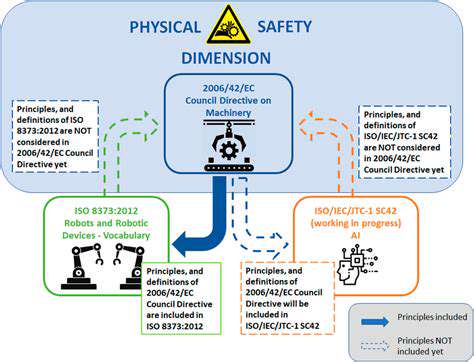




![How to Choose Sustainable Seafood [A Guide]](/static/images/26/2025-05/ExploringSeafoodChoices3ASpeciesandRegionalConsiderations.jpg)
